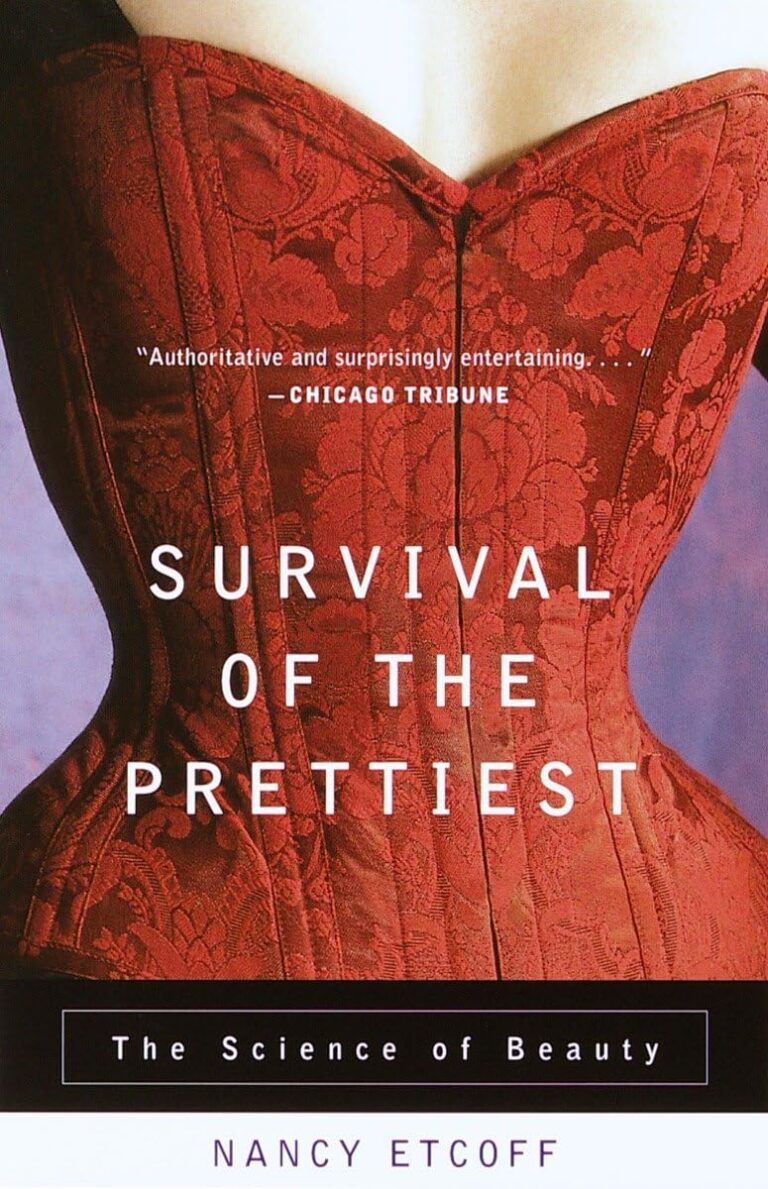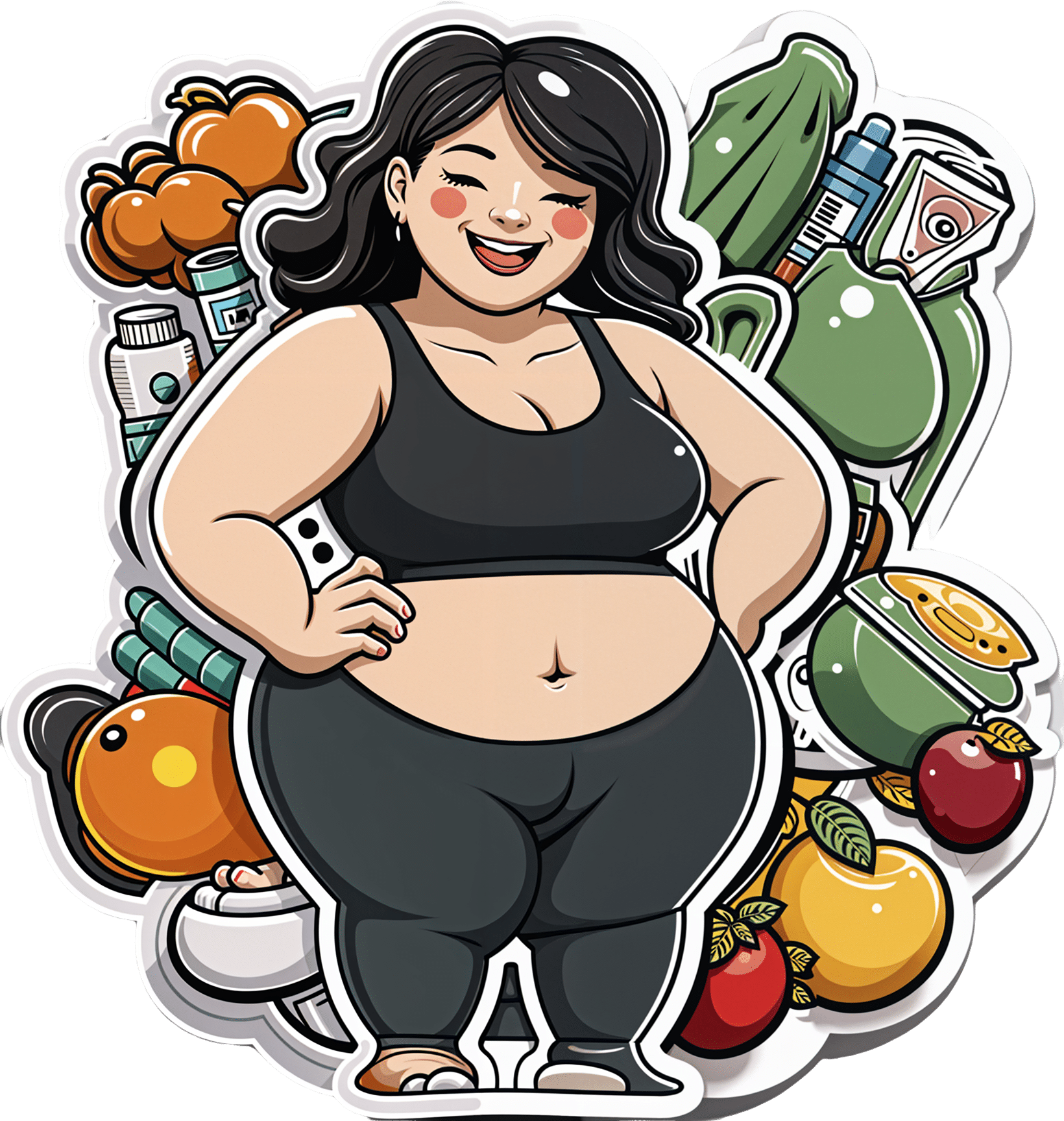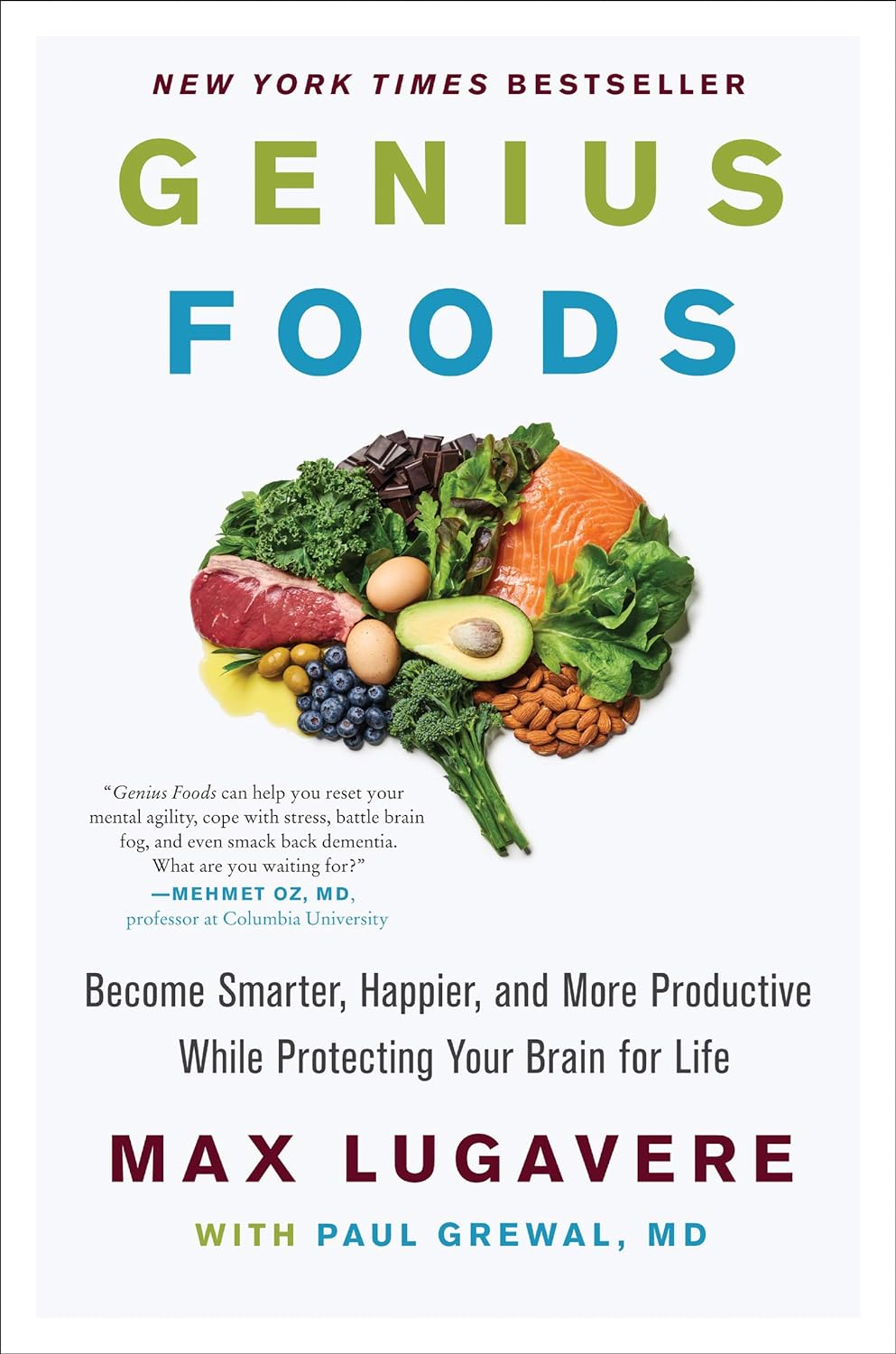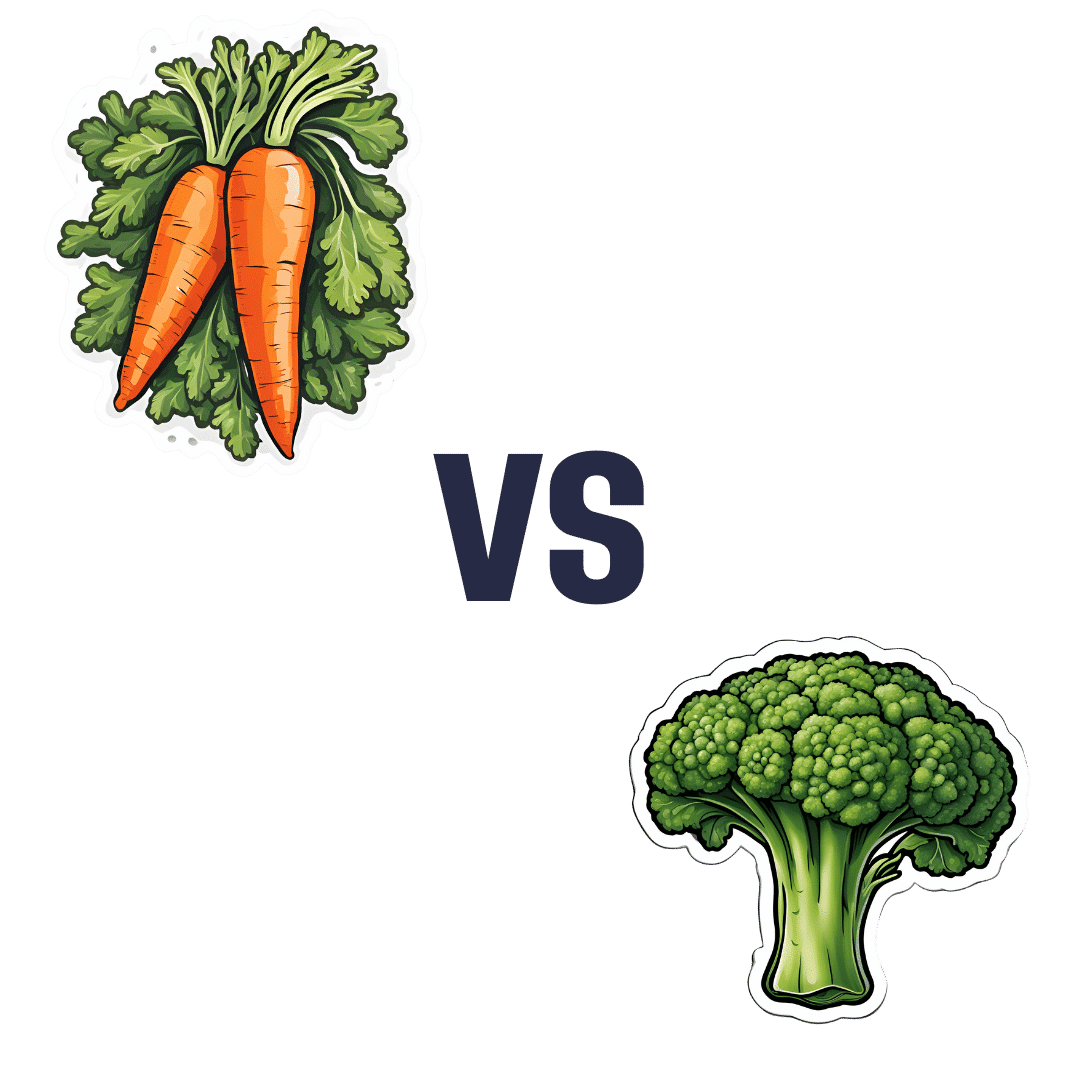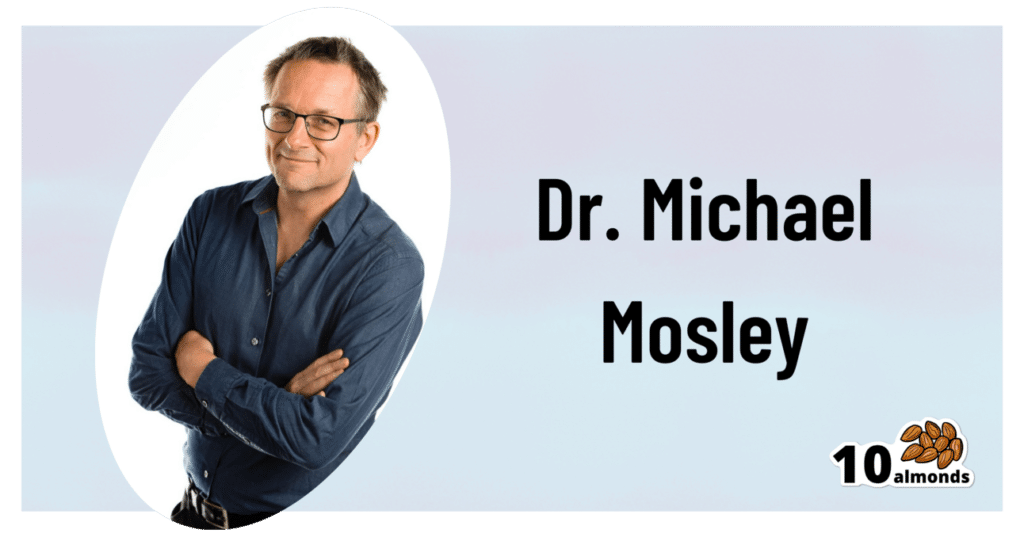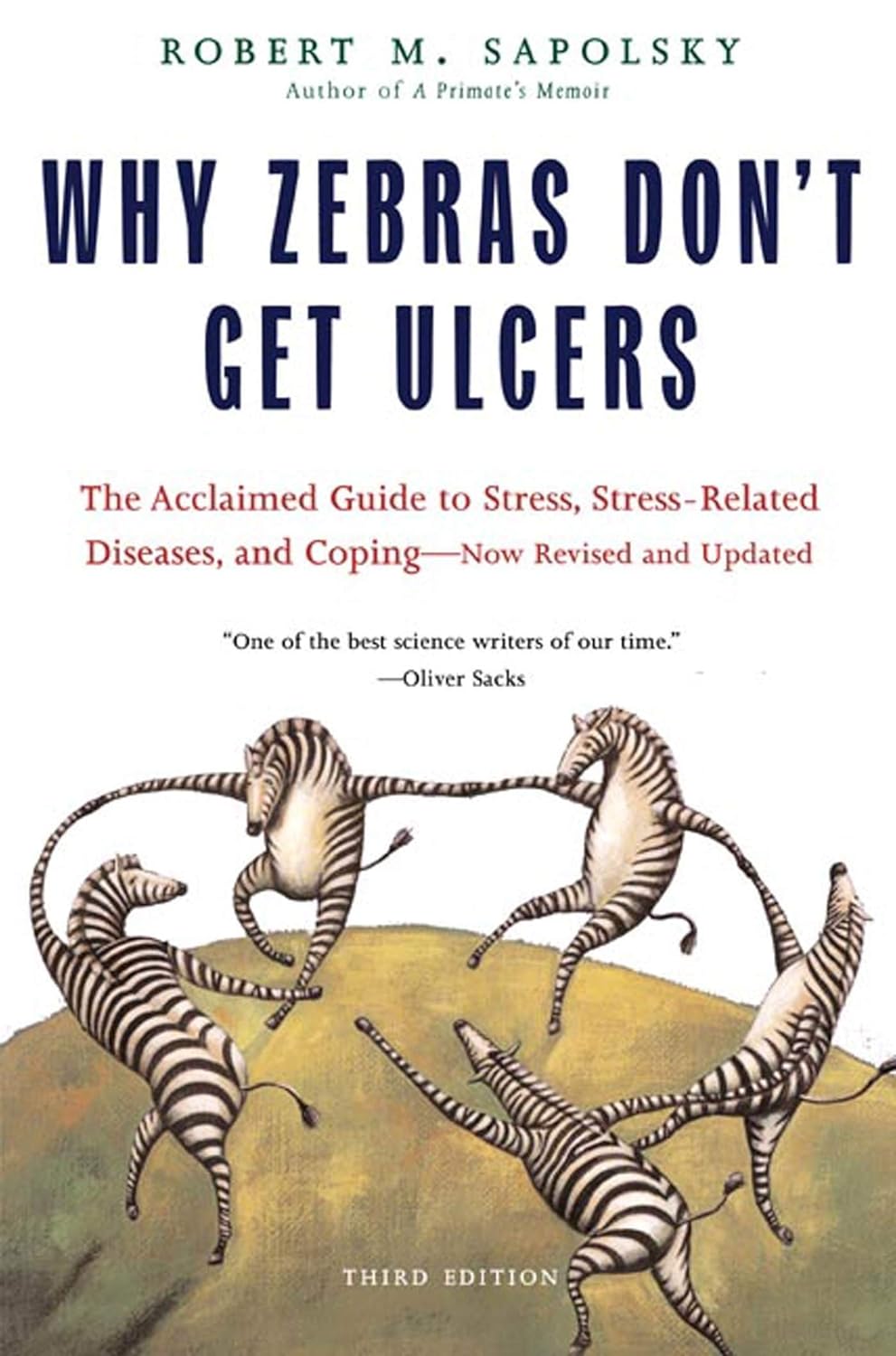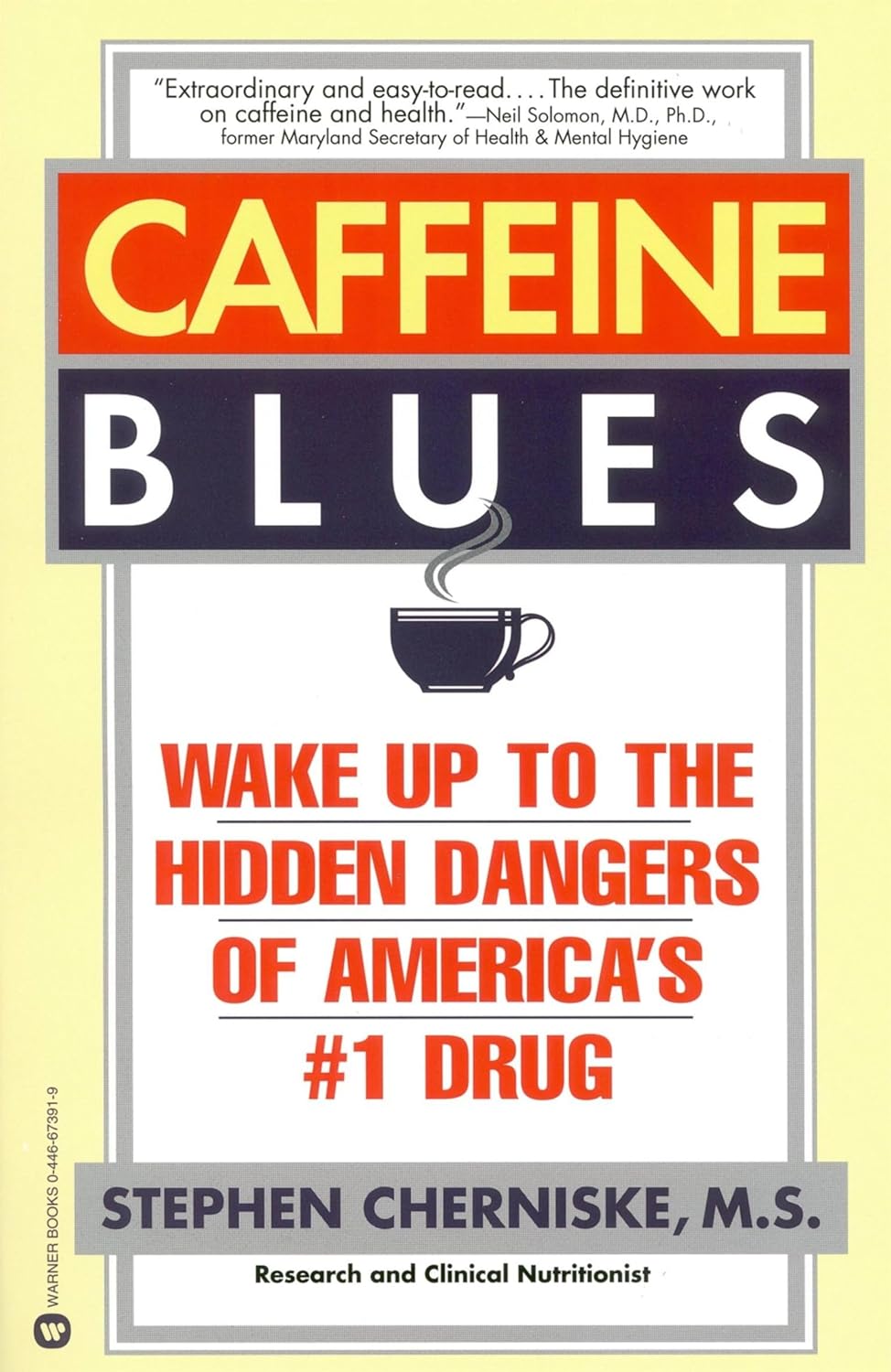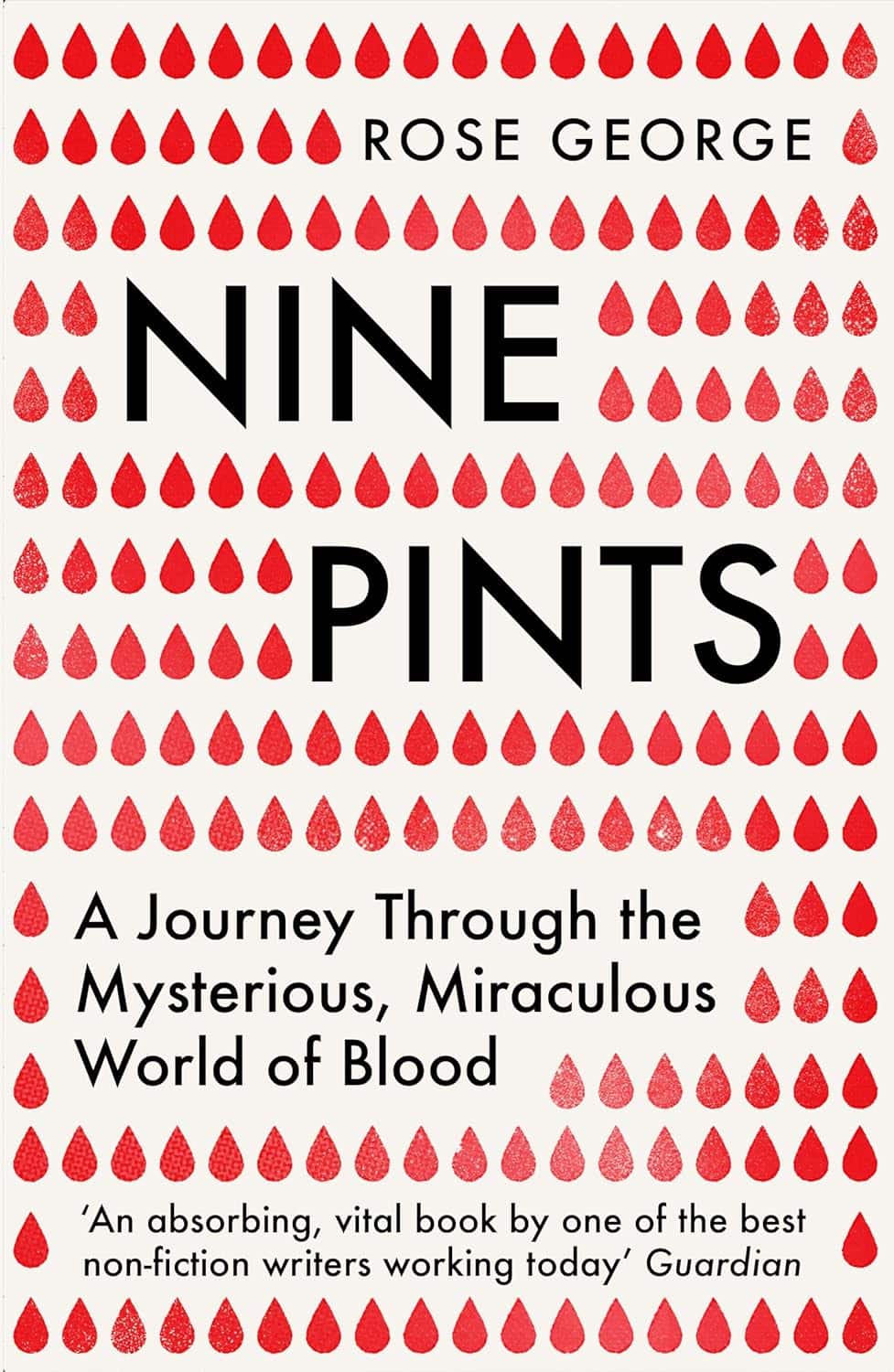
Nine Pints – by Rose George
10almonds is reader-supported. We may, at no cost to you, receive a portion of sales if you purchase a product through a link in this article.
Rose George is not a scientist, but an investigative journalist. As such, she’s a leave-no-stone-unturned researcher, and that shows here.
The style throughout is, as one might expect, journalistic. But, she’s unafraid of diving into the science of it, interviewing many medical professionals as part of her work. She also looks to people living with various blood-related conditions, ranging from hemophilia to HIV.
Speakling of highly-stigmatized yet very manageable conditions, there’s also a fair section devoted to menstruation, menstrual blood, and societies’ responses to such, from shunning to active support.
We also learn about the industrialization of blood—from blood banks to plasma labs to leech farms. You probably knew leeches are still used as a medical tool in even the most high-tech of hospitals, but you’ll doubtlessly learn a fascinating thing or two from the “insider views” along the way.
Bottom line: if you’d like to know more about the red stuff in all its marvelous aspects, with neither sensationalization nor sanitization (the topic needs neither!), this is the book for you.
Click here to check out Nine Pints, and learn more about yours!
Don’t Forget…
Did you arrive here from our newsletter? Don’t forget to return to the email to continue learning!
Recommended
Learn to Age Gracefully
Join the 98k+ American women taking control of their health & aging with our 100% free (and fun!) daily emails:
-
How To Gain Weight (Healthily!)
10almonds is reader-supported. We may, at no cost to you, receive a portion of sales if you purchase a product through a link in this article.
What Do You Have To Gain?
We have previously promised a three-part series about changing one’s weight:
- Losing weight (specifically, losing fat)
- Gaining weight (specifically, gaining muscle)
- Gaining weight (specifically, gaining fat)
There will be, however, no need for a “losing muscle” article, because (even though sometimes a person might have some reason to want to do this), it’s really just a case of “those things we said for gaining muscle? Don’t do those and the muscle will atrophy naturally”.
Here’s our first article: How To Lose Weight (Healthily!)
While some people will want to lose fat, please do be aware that the association between weight loss and good health is not nearly so strong as the weight loss industry would have you believe:
And, while BMI is not a useful measure of health in general, it’s worth noting that over the age of 65, a BMI of 27 (which is in the high end of “overweight”, without being obese) is associated with the lowest all-cause mortality:
BMI and all-cause mortality in older adults: a meta-analysis
Here was our second article: How To Build Muscle (Healthily!)
And now, it’s time for the last part, which yes, is also something that some people want/need to do (healthily!), and want/need help with that.
How to gain fat, healthily
Fat gets a bad press, but when it comes to health, we would die without it.
Even in the case of having excess fat, the fat itself is not generally the problem, so much as comorbid metabolic issues that are often caused by the same things as the excess fat.
So, how to gain fat healthily?
- Obvious but potentially dangerously misleading answer: “in moderation”
- More useful answer: “carefully”
Because, you can “in moderation” put on less than one pound per week for a few years and be in very bad health by the end of it. So how does this “carefully” work any differently to “in moderation”?
The key is in how we store the fat
Not merely where we store it (though that’ll follow from the “how”), but specifically: how we store it.
- When we consume energy from food in excess of our immediate survival needs, our body stores what it can. This is good!
- When our body is receiving energy from food faster than it can physically process it to store it healthily, it will start shoving it wherever it can instead. This is bad!
This is the physiological equivalent of the difference between tidying a room carefully, and cramming everything into one cupboard in 30 seconds just to get it out of sight.
So, you do need to consume calories yes, but you need to consume them in a way your body can take its time about storing them.
We’ve written before about the science of this, so we’ll share some links, but first, here are the practical tips:
- Do not drink your calories. Drinking calories tends to be the equivalent of injecting sugars directly into your veins, in terms of how quickly it gets received.
- See also: How To Unfatty A Fatty Liver ← this is highly relevant, because the same process that results in unhealthy weight gain, results in liver disease, by the same mechanism (the liver gets overwhelmed).
- Eat your greens. No, they won’t provide many calories, but they are critical to your body not being overwhelmed by the arrival of sugars.
- See also: 10 Ways To Balance Blood Sugars ← the other 9 things are also helpful for not putting on fat unhealthily, so using these alongside a calorie-dense diet can result in healthy fat gain as needed
- Get more of your calories from fats than carbs. Fats will not overwhelm your body’s glycemic response in the same way that carbs will.
- Again this is about getting calories while not getting metabolic disease. See also: How To Prevent And Reverse Type Two Diabetes as the advice is the same for that, for the same reason!
- Consider going low-carb, but even if you choose not to, go for carbs with a low glycemic index instead of a high glycemic index.
- For reference, see: Glycemic Index Chart: Glycemic index and glycemic load ratings for 500+ foods
- Need healthy fats in a snack? Enjoy nuts (unless you have an allergy); they will be your best friend in this regard. As an example, a mere 1oz portion of cashew nuts has 157 calories.
- See also: Why You Should Diversify Your Nuts
- Need healthy fats for cooking? Enjoy olive oil, as it has one of the healthiest lipids profiles available, and is a great way to increase the calorific content of many meals.
Lastly…
Be patient, enjoy your food, and stick as best you can to the above considerations. All strength to you.
Take care!
Share This Post
-
Genius Foods – by Max Lugavere
10almonds is reader-supported. We may, at no cost to you, receive a portion of sales if you purchase a product through a link in this article.
There is a lot of seemingly conflicting (or sometimes: actually conflicting!) information out there with regard to nutrition and various aspects of health. Why, for example, are we told:
- Be sure to get plenty of good healthy fats from nuts and seeds, for metabolic health and brain health too!
- But these terrible nut and seed oils lead to heart disease and dementia! Avoid them at all costs!
Max Lugavere demystifies this and more.
His science-led approach is primarily focused on avoiding dementia, and/but is at least not bad when it comes to other areas of health too.
He takes us on a tour of different parts of our nutrition, including:
- Perhaps the clearest explanation of “healthy” vs “unhealthy” fats this reviewer has read
- Managing carbs (simple and complex) for healthy glucose management—essential for good brain health
- What foods to improve or reduce—a lot you might guess, but this is a comprehensive guide to brain health so it’d be remiss to skip it
- The role that intermittent fasting can play as a bonus extra
While the main thrust of the book is about avoiding cognitive impairment in the long-term (including later-life dementia), he makes good, evidence-based arguments for how this same dietary plan improves cognitive function in the short-term, too.
Speaking of that dietary plan: he does give a step-by-step guide in a “make this change first, then this, then this” fashion, and offers some sample recipes too. This is by no means a recipe book though—most of the book is taking us through the science, not the kitchen.
Bottom line: this is the book for getting unconfused with regard to diet and brain health, making a lot of good science easy to understand. Which we love!
Click here to check out “Genius Foods” on Amazon today, give your brain a boost!
Share This Post
-
Carrots vs Broccoli – Which is Healthier?
10almonds is reader-supported. We may, at no cost to you, receive a portion of sales if you purchase a product through a link in this article.
Our Verdict
When comparing carrots to broccoli, we picked the broccoli.
Why?
These are both excellent candidates that should be in everyone’s diet, but there’s a clear winner:
In terms of macros, carrots have 50% more carbs for the same fiber (giving carrots the relatively higher glycemic index, though really, nobody is getting metabolic disease from eating carrots, which are a low-GI food already), while broccoli has more protein. By the numbers, it’s a nominal win for broccoli here, but really, both are great.
In the category of vitamins, carrots have more of vitamins A and B3, while broccoli has more of vitamins B1, B2, B5, B6, B7, B9, C, E, K, and choline. An easy win for broccoli. We’d like to emphasize, though, that this doesn’t mean carrots don’t have lots of vitamins—they do—it’s just that broccoli has even more!
When it comes to minerals, carrots are genuinely great, and/but not higher in any minerals than broccoli, while broccoli has more calcium, copper, iron, magnesium, manganese, phosphorus, selenium, and zinc. So again, a clear win for broccoli, despite carrots’ fortitude.
All in all, an overwhelming win for broccoli, though once again, enjoy either or both; diversity is good!
Want to learn more?
You might like to read:
What Do The Different Kinds Of Fiber Do? 30 Foods That Rank Highest
Enjoy!
Share This Post
Related Posts
-
Fast Diet, Fast Exercise, Fast Improvements
10almonds is reader-supported. We may, at no cost to you, receive a portion of sales if you purchase a product through a link in this article.
Diet & Exercise, Optimized
This is Dr. Michael Mosley. He originally trained in medicine with the intention of becoming a psychiatrist, but he grew disillusioned with psychiatry as it was practised, and ended up pivoting completely into being a health educator, in which field he won the British Medical Association’s Medical Journalist of the Year Award.
He also died under tragic circumstances very recently (he and his wife were vacationing in Greece, he went missing while out for a short walk on the 5th of June, appears to have got lost, and his body was found 100 yards from a restaurant on the 9th). All strength and comfort to his family; we offer our small tribute here today in his honor.
The “weekend warrior” of fasting
Dr. Mosley was an enjoyer (and proponent) of intermittent fasting, which we’ve written about before:
Fasting Without Crashing? We Sort The Science From The Hype
However, while most attention is generally given to the 16:8 method of intermittent fasting (fast for 16 hours, eat during an 8 hour window, repeat), Dr. Mosley preferred the 5:2 method (which generally means: eat at will for 5 days, then eat a reduced calorie diet for the other 2 days).
Specifically, he advocated putting that cap at 800 kcal for each of the weekend days (doesn’t have to be specifically the weekend).
He also tweaked the “eat at will for 5 days” part, to “eat as much as you like of a low-carb Mediterranean diet for 5 days”:
❝The “New 5:2” approach involves restricting calories to 800 on fasting days, then eating a healthy lower carb, Mediterranean-style diet for the rest of the week.
The beauty of intermittent fasting means that as your insulin sensitivity returns, you will feel fuller for longer on smaller portions. This is why, on non-fasting days, you do not have to count calories, just eat sensible portions. By maintaining a Mediterranean-style diet, you will consume all of the healthy fats, protein, fibre and fresh plant-based food that your body needs.❞
Read more: The Fast 800 | The New 5:2
And about that tweaked Mediterranean Diet? You might also want to check out:
Four Ways To Upgrade The Mediterranean Diet
Knowledge is power
Dr. Mosley encouraged the use of genotyping tests for personal health, not just to know about risk factors, but also to know about things such as, for example, whether you have the gene that makes you unable to gain significant improvements in aerobic fitness by following endurance training programs:
The Real Benefit Of Genetic Testing
On which note, he himself was not a fan of exercise, but recognised its importance, and instead sought to minimize the amount of exercise he needed to do, by practising High Intensity Interval Training. We reviewed a book of his (teamed up with a sports scientist) not long back; here it is:
Fast Exercise: The Simple Secret of High Intensity Training – by Dr. Michael Mosley & Peta Bee
You can also read our own article on the topic, here:
How To Do HIIT (Without Wrecking Your Body)
Just One Thing…
As well as his many educational TV shows, Dr. Mosley was also known for his radio show, “Just One Thing”, and a little while ago we reviewed his book, effectively a compilation of these:
Just One Thing: How Simple Changes Can Transform Your Life – by Dr. Michael Mosley
Enjoy!
Don’t Forget…
Did you arrive here from our newsletter? Don’t forget to return to the email to continue learning!
Learn to Age Gracefully
Join the 98k+ American women taking control of their health & aging with our 100% free (and fun!) daily emails:
-
Why Zebras Don’t Get Ulcers – by Dr. Robert M. Sapolsky
10almonds is reader-supported. We may, at no cost to you, receive a portion of sales if you purchase a product through a link in this article.
The book does kick off with a section that didn’t age well—he talks of the stress induced globally by the Spanish Flu pandemic of 1918, and how that kind of thing just doesn’t happen any more. Today, we have much less existentially dangerous stressors!
However, the fact we went and had another pandemic really only adds weight to the general arguments of the book, rather than detracting.
We are consistently beset by “the slings and arrows of outrageous fortune” as Shakespeare would put it, and there’s a reason (or twenty) why many people go grocery-shopping with the cortisol levels of someone being hunted for sport.
So, why don’t zebras get ulcers, as they actually are hunted for food?
They don’t have rent to pay or a mortgage, they don’t have taxes, or traffic, or a broken washing machine, or a project due in the morning. Their problems come one at a time. They have a useful stress response to a stressful situation (say, being chased by lions), and when the danger is over, they go back to grazing. They have time to recover.
For us, we are (usually) not being chased by lions. But we have everything else, constantly, around the clock. So, how to fix that?
Dr. Sapolsky comprehensively describes our physiological responses to stress in quite different terms than many. By reframing stress responses as part of the homeostatic system—trying to get the body back into balance—we find a solution, or rather: ways to help our bodies recover.
The style is “pop-science” and is very accessible for the lay reader while still clearly coming from a top-level academic who is neck-deep in neuroendocrinological research. Best of both worlds!
Bottom line: if you try to take very day at a time, but sometimes several days gang up on you at once, and you’d like to learn more about what happens inside you as a result and how to fix that, this book is for you!
Click here to check out “Why Zebras Don’t Get Ulcers” and give yourself a break!
Don’t Forget…
Did you arrive here from our newsletter? Don’t forget to return to the email to continue learning!
Learn to Age Gracefully
Join the 98k+ American women taking control of their health & aging with our 100% free (and fun!) daily emails:
-
Caffeine Blues – by Stephen Cherniske
10almonds is reader-supported. We may, at no cost to you, receive a portion of sales if you purchase a product through a link in this article.
Caffeine use is an interesting and often-underexamined factor in health. Beyond the most superficial of sleep hygiene advice (à la “if you aren’t sleeping well, consider skipping your triple espresso martini at bedtime”), it’s often considered a “everybody has this” drug.
In this book, Cherniske explores a lot of the lesser-known effects of caffeine, and the book certainly is a litany against caffeine dependence, ultimately arguing strongly against caffeine use itself. The goal is certainly to persuade the reader to desist in caffeine use, and while the book’s selling point is “learn about caffeine” not “how to quit caffeine”, a program for quitting caffeine is nevertheless included.
You may notice the title and cover design are strongly reminiscent of “Sugar Blues”, which came decades before it, and that’s clearly not accidental. The style is similar—very sensationalist, and with a lot of strong claims. In this case, however, there is actually a more robust bibliography, albeit somewhat dated now as science has continued to progress since this book was published.
Bottom line: in this reviewer’s opinion, the book overstates its case a little, and is prone to undue sensationalism, but there is a lot of genuinely very good information in here too, making it definitely worth reading.
Don’t Forget…
Did you arrive here from our newsletter? Don’t forget to return to the email to continue learning!
Learn to Age Gracefully
Join the 98k+ American women taking control of their health & aging with our 100% free (and fun!) daily emails:

